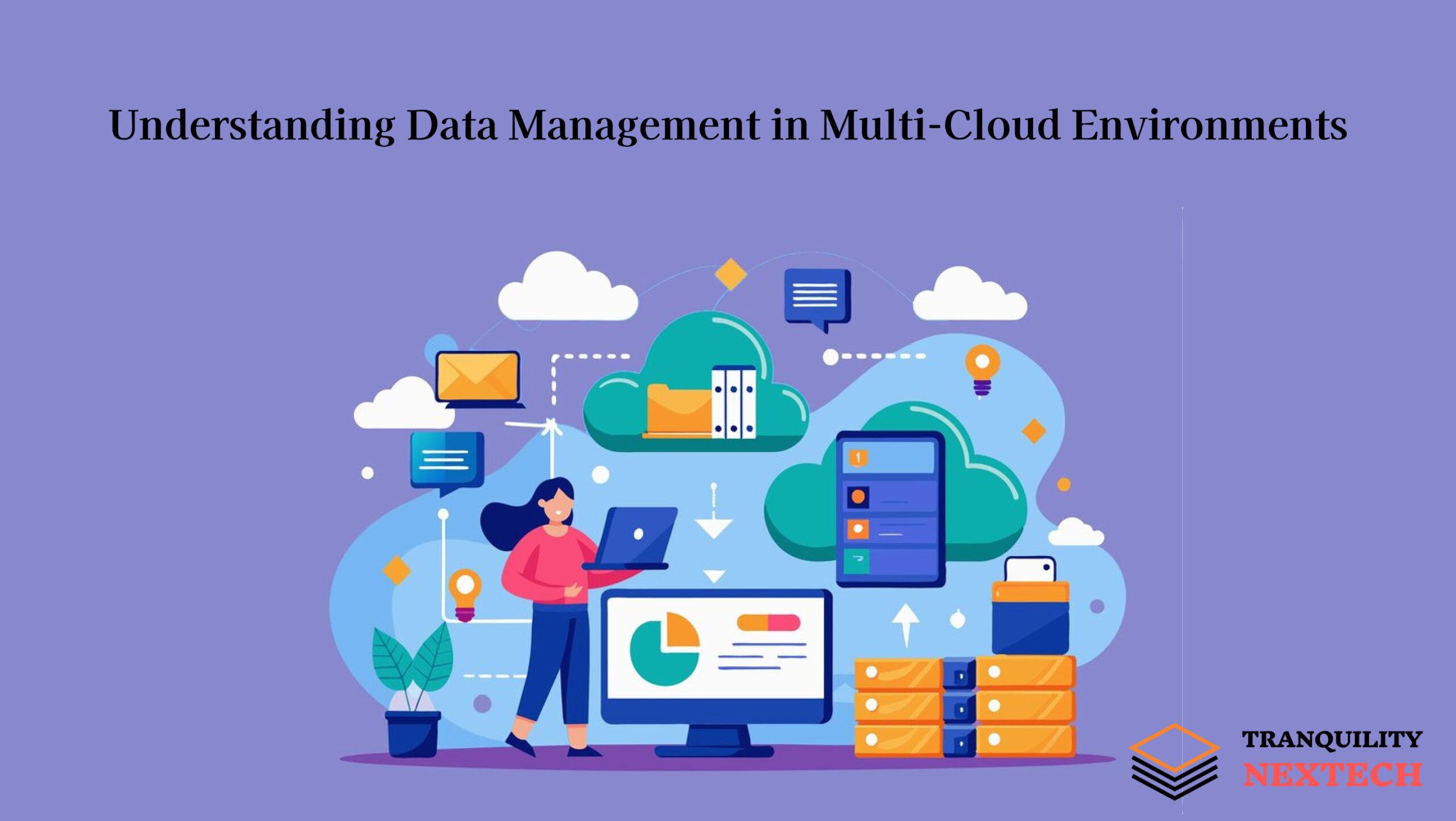In today’s rapidly evolving technological landscape, businesses face critical decisions about their cloud strategies. One of the most significant decisions is choosing between multi-cloud and hybrid-cloud solutions. Both approaches offer unique advantages and challenges, but which one is poised to be the future of cloud computing? This blog delves into the nuances of multi-cloud and hybrid cloud environments, exploring their potential, benefits, and the future trajectory of these cloud strategies.
Understanding Multi-Cloud and Hybrid Cloud
Multi-cloud and hybrid cloud are terms often used interchangeably, but they represent different approaches to cloud computing.
- Multi-cloud refers to using multiple cloud services from different providers, such as Amazon Web Services (AWS), Microsoft Azure, and Google Cloud Platform (GCP). The primary goal is to avoid vendor lock-in, improve redundancy, and leverage each provider’s unique capabilities.
- Hybrid cloud combines on-premises infrastructure with public and private cloud services. This approach allows businesses to maintain control over critical applications and data while taking advantage of cloud resources’ scalability and cost-efficiency.
The Benefits of Multi-Cloud
- Flexibility and Vendor Choice
One of the most significant advantages of a multi-cloud strategy is its flexibility. Businesses can select the best tools for their specific needs by leveraging services from various providers. For instance, a company might use AWS for its robust computing power, Azure for its advanced analytics, and GCP for its machine learning capabilities.
- Redundancy and Reliability
A multi-cloud approach enhances redundancy and reliability. If one cloud provider experiences an outage, workloads can seamlessly shift to another provider, minimizing disruptions. This capability is crucial for maintaining business continuity and ensuring high availability.
- Avoiding Vendor Lock-In
Vendor lock-in can be a substantial risk in cloud computing. By using multiple providers, businesses reduce their dependence on a single vendor. This flexibility allows companies to negotiate better terms and adapt to changing technology landscapes.
The Advantages of Hybrid Cloud
- Enhanced Security and Compliance
Hybrid cloud solutions allow businesses to keep sensitive data on-premises while utilizing the public cloud for less critical workloads. This approach enhances security and compliance, particularly in industries with stringent data protection regulations.
- Cost Efficiency
Hybrid cloud environments enable organizations to optimize their IT spending. Critical applications and data can be maintained on-premises, while less critical workloads can be offloaded to the public cloud. This dynamic allocation of resources helps manage costs more effectively.
- Scalability and Agility
Hybrid clouds provide the flexibility to scale resources up or down based on demand. Businesses can leverage the public cloud’s elasticity to accommodate workload fluctuations while relying on their private infrastructure for stable operations.
Multi-Cloud vs Hybrid Cloud: Which One Is the Future?
The decision between multi-cloud and hybrid cloud is not a one-size-fits-all. Each strategy offers distinct benefits, and the future will likely see a blend of both approaches.
Here’s why:
- Evolving Business Needs
As businesses continue to grow and evolve, their cloud strategies must adapt. Multi-cloud environments’ flexibility will cater to companies that require diverse solutions from different providers. Conversely, the hybrid cloud will remain relevant for organizations prioritizing control and security.
- Technological Advancements
Technological advancements will significantly shape the future of cloud computing. Innovations in cloud technologies, such as edge computing and AI integration, will influence how businesses deploy and manage their cloud resources.
- Industry-Specific Requirements:
Different industries have unique requirements that may favor one approach. For instance, healthcare and financial sectors may lean towards hybrid clouds for regulatory compliance, while tech companies may prefer multi-cloud for flexibility and innovation.
- Efficient Management of Latest Features:
Organizations that don’t want to depend solely on cloud providers for the latest features can opt for a hybrid cloud. This approach allows them to efficiently manage and implement features not yet available in the cloud, giving them greater control over their technology stack and reducing reliance on external providers’ timelines and limitations.
Critical Considerations for Choosing the Right Strategy
- Assessing Business Needs
Understanding your business’s needs is crucial when deciding between multi-cloud and hybrid cloud. Evaluate factors such as data sensitivity, scalability requirements, and cost considerations to make an informed decision.
- Security and Compliance
Security and compliance are paramount in cloud computing. Ensure your chosen strategy aligns with industry regulations and provides robust security measures.
- Cost Management
Cost management is a critical aspect of any cloud strategy. Analyze the total cost of ownership for both multi-cloud and hybrid-cloud environments to determine which approach offers the best value for your organization.
Conclusion
The future of cloud computing will likely encompass both multi-cloud and hybrid cloud strategies. Each approach offers unique advantages that cater to different business needs. By understanding the benefits and considerations of each, organizations can make informed decisions that align with their goals and drive technological advancement. As businesses continue to navigate the complexities of cloud computing, staying informed about the latest trends and innovations will be key to leveraging the full potential of multi-cloud and hybrid cloud environments.
FAQs:
- What is the primary difference between multi-cloud and hybrid cloud?
- Multi-cloud uses services from multiple cloud providers, while hybrid cloud combines on-premises infrastructure with cloud services.
- How does multi-cloud benefit businesses?
- Multi-cloud provides flexibility and redundancy and avoids vendor lock-in by leveraging services from different providers.
- What are the key advantages of a hybrid cloud?
- A hybrid cloud enhances security, compliance, and cost efficiency by combining on-premises and cloud resources.
- Which cloud strategy is better for regulatory compliance?
- A hybrid cloud is often better for regulatory compliance as it allows sensitive data to be stored on-premises.
- How can Tranquility Nextech help with cloud strategies?
- Tranquility Nextech provides expert guidance on implementing effective multi-cloud and hybrid-cloud strategies to meet your business needs.
If you have any queries or require business-related IT solutions, please reach out to us at: shan@tranquilitynxt.com








